Organizers
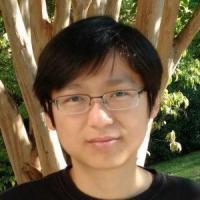
Xiuyuan Cheng is an assistant professor of mathematics at Duke University, with a secondary appointment in the Department of Electrical and Computer Engineering. Dr. Cheng is interested in theoretical and computational problems in high-dimensional data analysis and machine learning, particularly on spectral methods, kernel matrices, geometric data analysis, and deep neural networks. Dr. Cheng has co-organized the following academic events: 42nd SIAM Southeastern Atlantic Sectional Conference (SIAM-SEAS 2018) Co-organized with Jianfeng Lu (Duke), Alina Chertock & Mansoor Haider (NCState), Greg Forest & Katie Newhall (UNC Chapel Hill) Chapel Hill, NC, March 2018; SIAM mini-Symposium on “Computational Methods for Cryo-EM Single Particle Reconstruction” Co-organized with Prof. Zhizhen Zhao at UIUC Albuquerque, NM, May 2016.

Smita Krishnaswamy is an associated professor in the Departments of Genetics and Computer Science at the Yale University. She is also affiliated with Yale’s Center for Biomedical Data Science, Cancer Center, and Applied Math Program. Her research focuses on developing representation learning methods (esp. graph signal processing and deep-learning) to denoise, impute, visualize and extract structure, patterns and relationships from big biomedical data. Her methods have been applied variety of datasets from many systems including embryoid body differentiation, EMT in breast cancer, lung cancer immunotherapy, infectious diseases, gut microbiome, and patient data. She has co-organized the Modeling of Biological Data (MOB) workshop co-located with the Design Automation Conference (DAC) in 2013, was co-chair of the technical program committee of the International Workshop on Bio-Design Automation in 2012 and has served on the technical program committee of several conferences including ICML, NeurIPS, ICLR, Research on Computational Molecular Biology (RECOMB), ACM Conference on Bioinformatics, Computational Biology and Health Informatics (ACMBCB), Design Automation Conference, and PSB Cancer Panomics. In addition, her lab offers a week-long bootcamp workshop on Machine Learning for Single Cell Analysis (krishnaswamylab.org/workshop) on an annual basis.
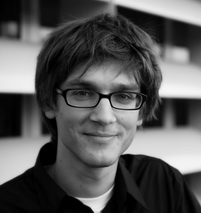
Jure Leskovec is an associate professor of Computer Science at Stanford University, chief scientist at Pinterest, and investigator at Chan Zuckerberg Biohub. His research focuses on machine learning in large social, information, and biological networks, their evolution, and the diffusion of information over them. His research has won several awards including a Lagrange Prize, Microsoft Research Faculty Fellowship, the Alfred P. Sloan Fellowship, and 14 best paper awards. He received his bachelor’s degree in computer science from University of Ljubljana, Slovenia, and his PhD in machine learning from Carnegie Mellon University and postdoctoral training at Cornell University. In recent years, he has published extensively on graph representation learning, including a popular review paper, invited talks at ICLR and KDD, and a tutorial on the subject at WWW 2018. He has extensive experience organizing conferences, with prominent examples including KDD 2014 (program chair), ICDM 2011 (tutorial chair), and WWW 2010 (chair of ML & DM track). More recently, he co-organized a series of successful workshops on representation learning with graphs at NeurIPS, ICLR, and ICML.

Bastian Rieck is a senior assistant in the Machine Learning and Computational Biology Lab of the Department of Biosystems Science and Engineering of ETH Zurich, the Swiss Federal Institute of Technology. He holds an M.Sc. degree in mathematics and a Ph.D. in computer science from Heidelberg University, Germany. While broadly interested in investigating graph classification and time series analysis from a topological perspective, Bastian is also fascinated by explaining neural networks using concepts from algebraic and differential topology. Moreover, he is particularly drawn to applications in personalized medicine, such as antimicrobial resistance prediction and detection of sepsis in ICU patients. Bastian recently organized a tutorial on topological machine learning for ECML, the European Conference on Machine Learning and Principles and Practice of Knowledge Discovery in Databases, as well as a workshop on Topological Data Analysis & Beyond at NeurIPS 2020.
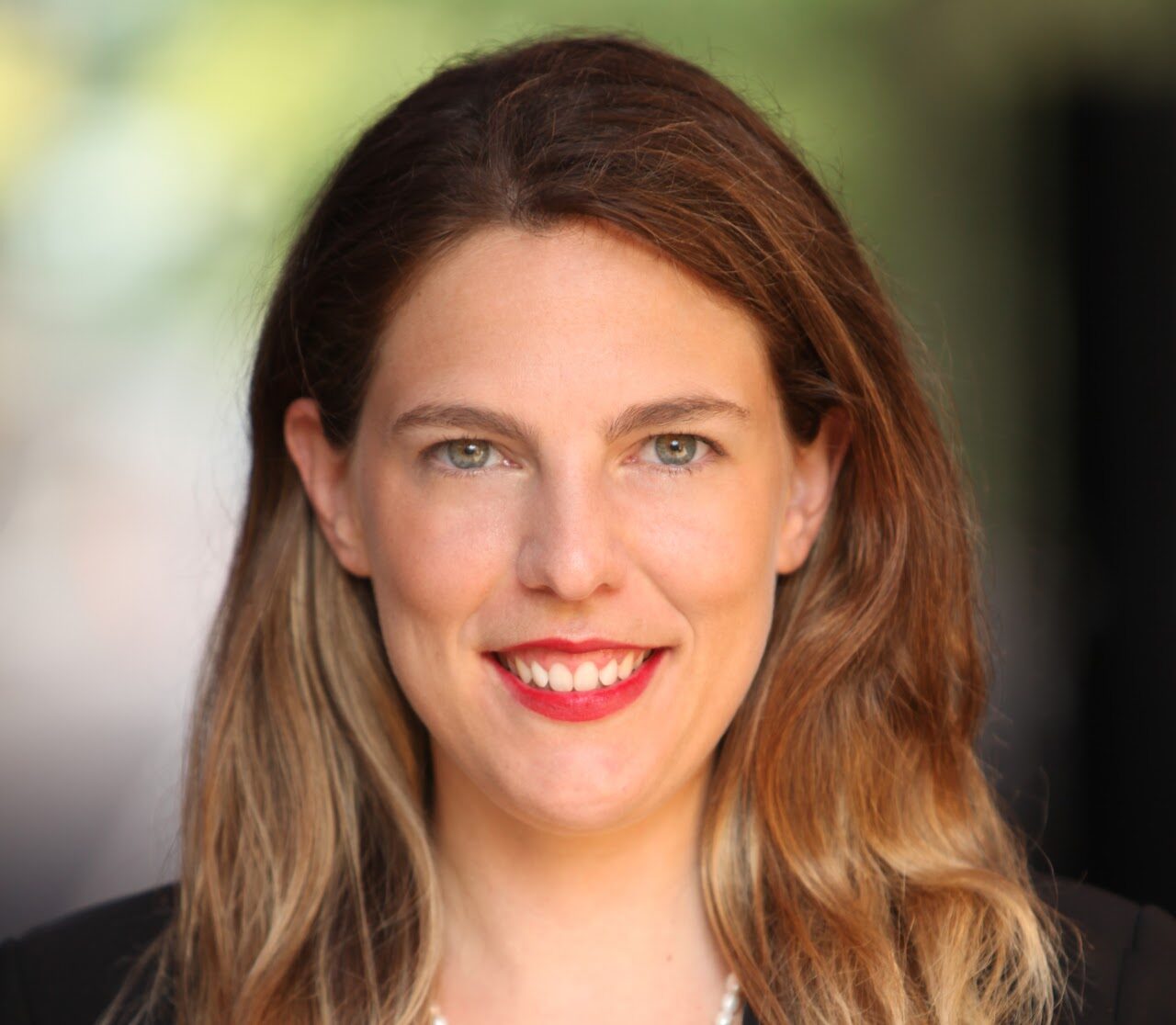
Soledad Villar is an assistant professor at the Department of Applied Mathematics & Statistics, and Mathematical Institute for Data Science at Johns Hopkins University. Her research involves computational and mathematical aspects of extracting information from data, with emphasis on optimization algorithms for processing data with theoretical guarantees. She is particularly interested in deep generative models, graph neural networks, and optimization techniques for signal processing. Part of her research focuses on clustering, dimensionality reduction, and quadratic assignment problems with applications to computational biology. She has been involved in the organization of several conferences, such as DeepMath 2020 and MSML 2020.

Guy Wolf is an assistant professor in the Department of Mathematics and Statistics at the Université de Montréal and a Core Member of Mila - the Québec AI Institute. He is also affiliated with IVADO - the institute of data valorization at Montreal. His research focuses on manifold learning, representation learning, and geometric deep learning for exploratory data analysis, including methods for dimensionality reduction, visualization, denoising, data augmentation, and coarse graining, with particular focus on applications in biomedical data exploration. His recent organization activities include the CRM-IVADO Industrial Problem Solving Workshop (IPSW 2020), a two-part mini-symposium on geometric deep learning as part of the inaugural SIAM Conference on Mathematics of Data Science held online in June 2020, and a NeurIPS 2020 workshop on Topological Data Analysis & Beyond.
Panel Moderators

Alex Cloninger is an assistant professor in the Department of Mathematics at University of California, San Diego. His research interests include machine learning, applied harmonic analysis, diffusion geometry, analysis on graphs, and medical applications.
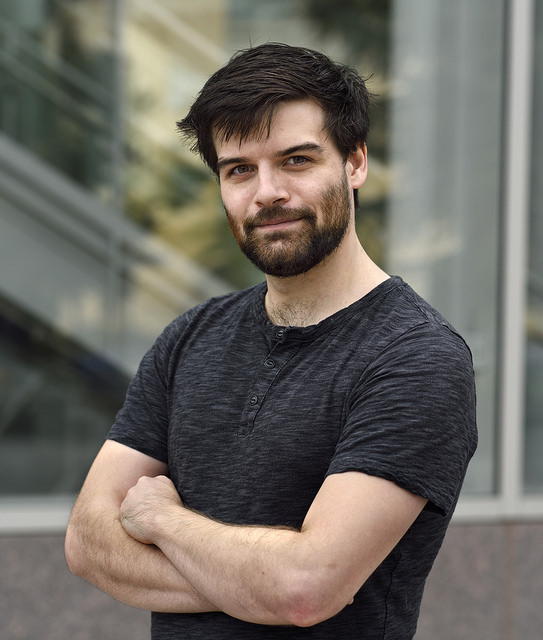
William L. Hamilton is an assistant professor of Computer Science at McGill University and a Canada CIFAR AI Chair at the Mila AI Institute of Quebec. His research interests lie at the intersection of machine learning, network science, and natural language processing, with a current emphasis on the fast-growing subjects of graph representation learning and graph neural networks.
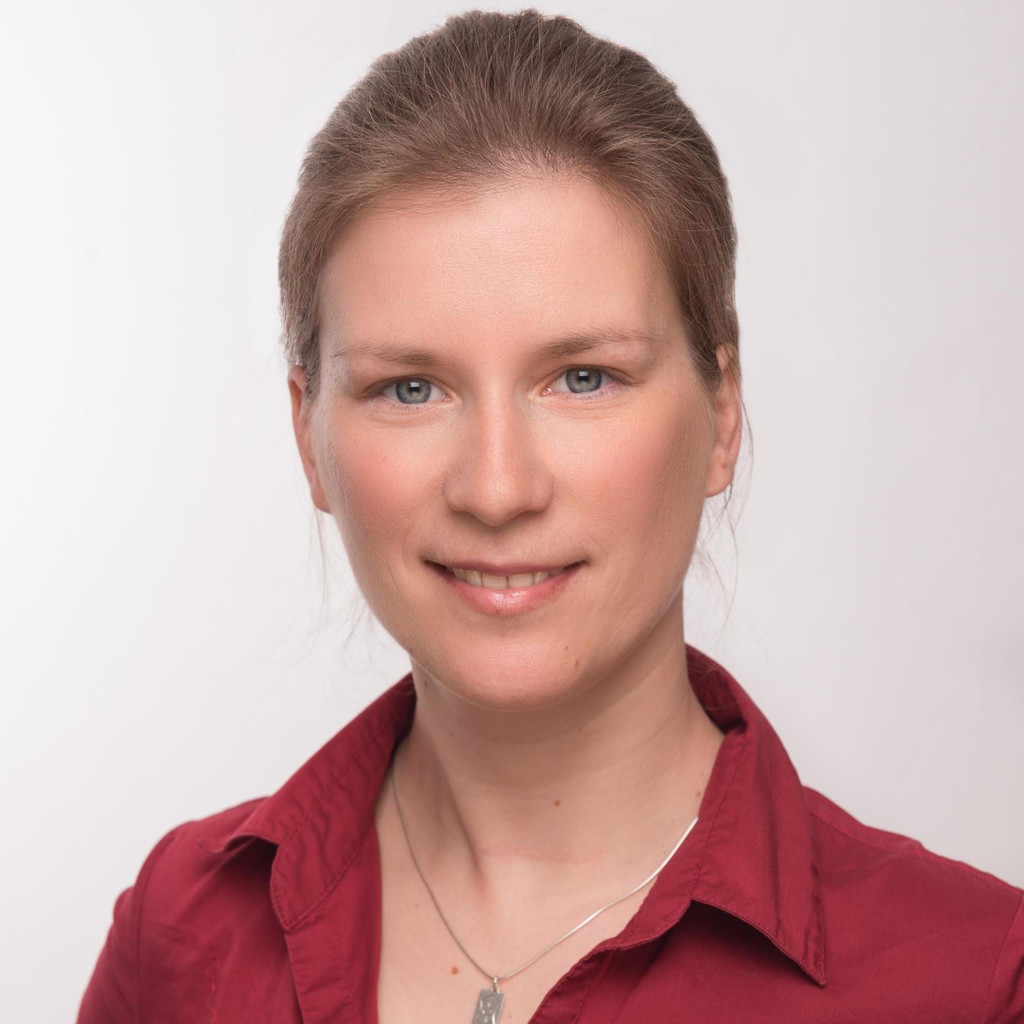
Juliane Klatt is a postdoctoral researcher in the Machine Learning and Computational Biology Lab at ETH Zurich. Having additional experience as a data scientist with the migration agency of the United Nations, Juliane is particularly interested in the analysis of time-varying graphs, such as graphs occurring in health-related domains. A trained theoretical physicist and passionate about philosophy, she is always up for discussions on the foundations of science or ethical conundrums.
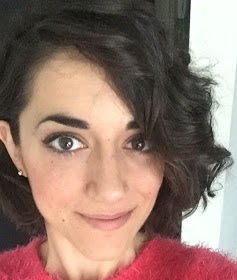
Ira Ktena is a research engineer at DeepMind working with the DeepMind for Google team. Previously, she was a Senior Machine Learning Researcher with the Cortex Applied Research team at Twitter UK, focusing on real-time personalisation and causal analysis for recommendations.
Student Organizers

Christian Bock Christian is a fourth year PhD Candidate at ETH Zürich, Switzerland (MLCB) focusing on the development and application of machine learning algorithms for time series and graph-structured data. His research happens at different locations in the Venn diagram of Topological Data Analysis, Gaussian Processes, Pattern Mining, and Time Series. He holds a master’s degree in medical informatics and is particularly interested in the development of methods for the healthcare field.

Max Horn Max is a PhD student in the Machine Learning and Computational Biology Lab, ETH Zürich. Prior to his PhD he studied Molecular Biotechnology and Bioinformatics with focus on Machine Learning. His research concentrates on probabilistic modeling, the development of time series models for clinical data and developing methods at the intersection of Topological Data Analysis and Machine Learning.

Michael Moor Michael is an MD who currently pursues a PhD in the Machine Learning and Computational Biology Lab at ETH Zurich. His research focuses on developing machine learning models for time series, foremost in healthcare applications, whereas a large focus has been on the prediction of sepsis from streamed monitoring data in the ICU. Michael is interested in all kinds of differentiable models for representation learning and time series classification. Furthermore, he is also exploring more mathy flavours of machine learning such as topological data analysis or path signatures.